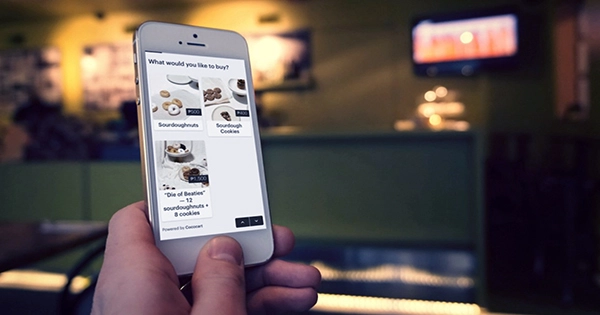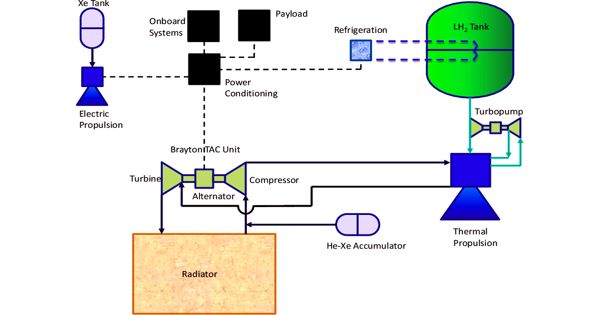To make ends meet, entrepreneur Derek Low lost his hotel in Bali two years ago and began selling handmade cheesecakes online. However, he struggled to locate a simple e-commerce program that would allow him to rapidly get up and running and accept orders. Low discovered that 200 million firms place orders over the phone or through messaging applications such as WhatsApp or Instagram, which is a difficult-to-track procedure that makes it difficult to collect payments. He also saw that setting up a good e-commerce website takes weeks and is expensive for new firms.
They established the Singapore-based Cococart with Zhicong Lim, a technology that allows merchants to set up an online store in minutes with no programming, no design, and no app downloads. Everything from order administration to mobile payment methods is included in the shop. Without the use of applications or marketplaces that impose unsustainable fees and commissions, merchants may control their own sales, according to Low.

“Managing orders is difficult,” he said. “Most small businesses still use spreadsheets to manage their orders and take orders on WhatsApp. It eats up a lot of time that could be better spent expanding the company. We’re part of a new generation of local businesses. Every day, we’re inspired by the tales of our merchants who began selling food from their homes and have since grown to own retail storefronts with industrial kitchens. Our goal is to help small businesses transform and enable their owners to follow their passions.”
He claims that many of Cococart’s sellers are similar to him. The epidemic spawned a new generation of self-employed entrepreneurs, who now make up a rapidly expanding portion of the e-commerce market. People are also becoming more accustomed to purchasing online, a trend Low does not expect to fade away. “Many people who lost their employment, like myself, went to side hustles online, which eventually became their primary source of income,” Low continued. “These entrepreneurs found that owning and operating their own company was both more profitable and gratifying than working for someone else.”
Cococart has been successful since its inception, with over 20,000 merchants in 90 countries having taken over 500,000 orders and earning more than $15 million. INDOCIN, a firm that provides on-demand artisan Indonesian food, is one of the company’s top merchants. When the owner first joined Cococart a year ago, she was selling her homemade cuisine from her kitchen, according to Low. She now has a staff of 24 people working for her and runs a store.
According to Low, Cococart increased its merchant count by 30 times and its consumer base by 46 times in 2021 alone. During that period, the company developed from two founders to 22 employees spread across 12 countries. Cococart raised $4.2 million from Forerunner Ventures and Sequoia Capital, as well as Y Combinator, Uncommon Capital, Soma Capital, Liquid 2 Ventures, Fitbit CEO James Park, and Curated CEO Eduardo Vivas, to keep the momentum rolling.
Low plans to use the fresh funds to continue hiring and expanding his customer base. He continued, “We’re just getting started.” “Our mission is to define the future of trade.” From deliveries to supply chain to funding, there are still numerous problems in beginning and sustaining a business that we wish to overcome. We see a huge opportunity ahead of us, and our goal is to deliver Cococart to 200 million businesses throughout the world.”
















